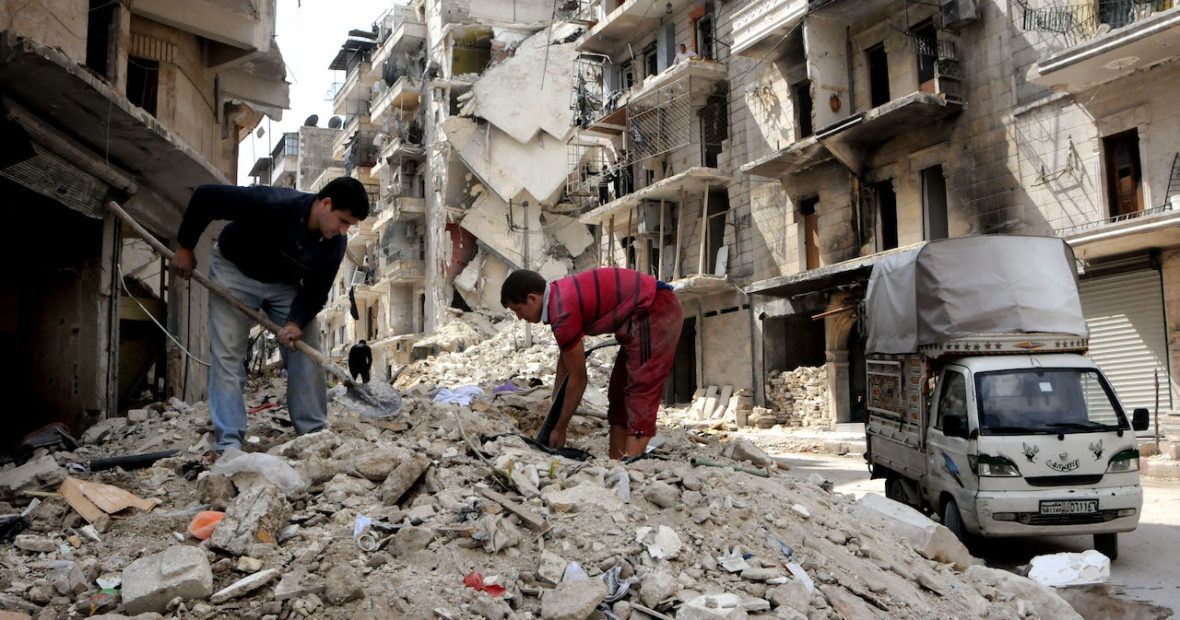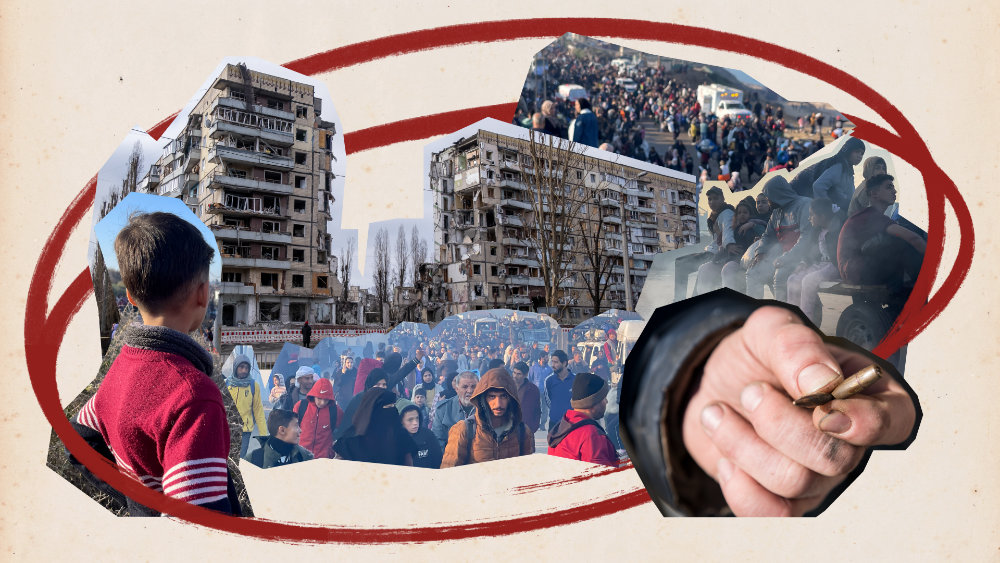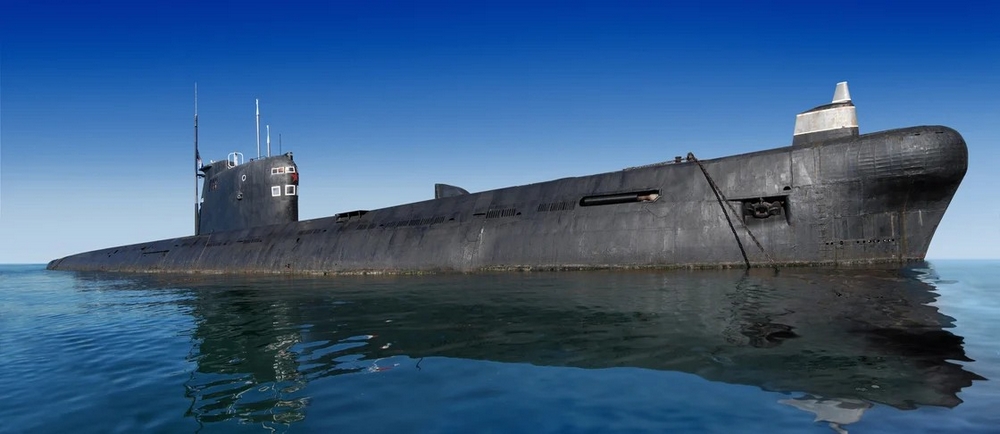Closing out our Joint Series is a post by on Gloria Gaggioli on siege warfare published by EJIL Talk! Are Sieges Prohibited under Contemporary IHL?
[The Joint Series is hosted by the ICRC Humanitarian Law & Policy Blog, EJIL Talk! and Lawfare. It arose out of the 6th Transatlantic Workshop on International Law and Armed Conflict.]
***
Gloria Gaggioli is a Swiss National Science Foundation Professor at the University of Geneva Law Faculty and Lecturer at the Geneva Academy of International Humanitarian Law and Human Rights and at the University of Neuchâtel.
She writes on what IHL has to say about sieges. She asks whether siege warfare is explicitly ruled out and how IHL rules and principles might constrain siege warfare. In particular, she looks at how the prohibition against starving civilians, purposefully or incidentally, might constrain siege warfare and what the role of the principle of proportionality could be in providing further constraints.
Here is an excerpt:
Interpretation of the rule against starvation—the notion of ‘purpose’
A key issue here is whether siege warfare when civilians are present is indirectly prohibited by the prohibition of starvation of civilians since, in practice, civilians will be the first to suffer from deprivations arising out of the siege-induced isolation. What matters here is how the prohibition against starvation is interpreted. In this respect, views vary. The majority view seems to be that sieges are not prohibited even if they cause starvation, as long as their purposeis to achieve a military objective and not to starve the civilian population (see e.g., commentary on CIHL Study Rule 53). Some go as far as to require that starvation of civilians is the ‘sole’ or ‘primary’ purpose of a siege to consider it unlawful, which would reduce considerably the value of the provisions on the prohibition of starvation (see San Remo Manual on International Law Applicable to Armed Conflicts at Sea, 12 June 1994, Art 102 a:‘sole purpose’ in relation to sea blockades); Manual on International Law Relating to Air and Missile Warfare, 15 May 2009, Art 157a: ‘sole or primary purpose’ in relation to an aerial blockade’). In practice, it is very difficult, if not impossible, to prove that the ‘purpose’—and particularly the ‘sole or primary purpose’—of a siege is starvation of civilians. However, arguably, failing to attempt an evacuation of civilians, or at least the most vulnerable among them, coupled with a denial of humanitarian assistance should suffice to indicate that the purpose of the siege is to starve civilians.
A combined reading of Articles 54(2) and (3): A prohibition on incidental starvation?
For the full blog post, please see EJIL Talk!
Other posts in the series:
- Introducing the Latest Transatlantic Workshop Joint Blog Series, Sasha Radin (Managing Editor, Humanitarian Law & Policy Blog)
- Precautionary Measures in Urban Warfare: A Commander’s Obligation to Obtain Information, Jonathan Horowitz (Senior Legal Officer for the Open Society Justice Initiative) – Humanitarian Law & Policy Blog.
- Sieges, Evacuations and Urban Warfare: Thoughts from the Transatlantic Workshop on International Law and Armed Conflict, Laurie Blank (Clinical Professor of Law, Director of the Center for International and Comparative Law and Director of the International Humanitarian Law Clinic at Emory University School of Law) – EJIL Talk!
- Better Safe than Sorry: Transferring Detainees Safely to Coalition Partners, Tilman Rodenhauser (Legal Advisor, ICRC) – Lawfare
- Medical Care in Armed Conflict PART I & PART II, Marco Sassoli (Director of the Geneva Academy of International Humanitarian Law and Human Rights and Professor of International Law at the Faculty of Law of the University of Geneva) – Humanitarian Law & Policy Blog
- Urban warfare: The obligations of defenders, Aurel Sari (Senior Lecturer in Law at the University of Exeter, Director of the Exeter Centre for International Law, Fellow of Supreme Headquarters Allied Powers Europe and a Fellow of the Allied Rapid Reaction Corps) – Lawfare
For past Transatlantic Workshop Series
DISCLAIMER: Posts and discussion on the Humanitarian Law & Policy blog may not be interpreted as positioning the ICRC in any way, nor does the blog’s content amount to formal policy or doctrine, unless specifically indicated.






Comments